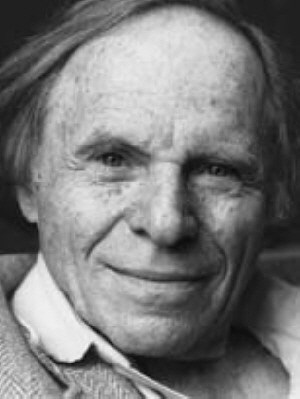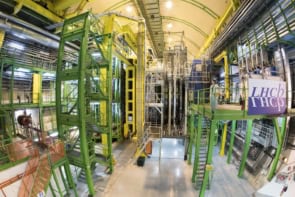Philip Morrison, one of a generation of physicists who built the first atomic bomb at Los Alamos, only to spend the rest of their careers campaigning against nuclear weapons, has died at the age of 89. Morrison spent most of his career at the Massachusetts Institute of Technology, where he was appointed Institute Professor, the highest honour awarded by MIT, in 1973.

Born in New Jersey in 1915, Morrison caught polio as a child which left him partly handicapped for the rest of his life. He obtained his first degree from the California Institute of Technology and his PhD from the University of California at Berkeley, where his supervisor was Robert Oppenheimer, who went on to lead the Manhattan Project to build the first atomic bomb at Los Alamos during the second world war. Morrison was one of a small team of physicists who travelled to the island of Tinian to assemble the bomb that was dropped on Hiroshima, and later was part of the team that surveyed the devastation caused by the bomb.
In 1946 Morrison left Los Alamos to join Hans Bethe — who died last month aged 98 — at Cornell University, where his interests shifted from nuclear physics to astrophysics and cosmology, and where he also became a vocal critic of nuclear weapons. In 1959 he wrote a paper with Giuseppe Cocconi that is widely credited with starting the search for extraterrestrial intelligence (SETI).
In 1964 Morrison moved to MIT where he also became a noted popularizer of science through various books, the film Powers of Ten, and his book reviews in Scientific American.
“Phil was a great physicist. His field was astrophysics, but he was interested in all of physics,” said Marc Kastner, head of the physics department at MIT “Despite his physical disabilities, he would come to seminars on many different subjects and always had insightful comments. He was also deeply committed to education, both at the undergraduate level and for younger students, and was spectacular at explaining physics to the public.”
“The world has lost one of the major voices of social conscience in science,” said Charles Weiner, emeritus professor of the history of science at MIT. “For more than 50 years, since his involvement in the development of the first atomic bomb, Philip Morrison has been a leading participant in the efforts to control and eliminate nuclear weapons.”



